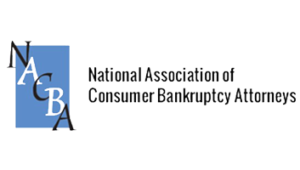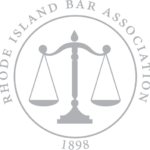Chapter 7 Bankruptcy Filing in Rhode Island: How Long Will It Take?
Chapter 7 Bankruptcy filings take how long to complete in Rhode Island? Let’s pretend you filed a Rhode Island Chapter 7 bankruptcy case today. If you did, your case would come to an end in about 90 days. What happens during that time? Let’s examine a typical Chapter 7 filing in RI: You complete your first […]
14 Lies About Bankruptcy
RI Bankruptcy lawyer separates fact from fiction concerning filing bankrupty. Those struggling with unpayable debt should learn more about bankruptcy relief.
Debt Settlement Plans: Part II
Debt settlement plans fail because they require unrealistic repayment terms. Contact a Rhode Island bankruptcy lawyer to understand all of your debt-relief options.
Rhode Island Bankruptcy Law: Myths vs Reality
RI bankruptcy laws protect property and restore order to financial chaos. Ignore myths and debt settlement scams and consult a qualified RI bankruptcy lawyer.
RI Bankruptcy Filing: Can’t I Just Keep One Credit Card?
RI Chapter 7 bankruptcy filers must list everyone they owe money to, including all credit cards with a balance and friends or family members.
Stopping Wage Attachment: Rhode Island Bankruptcy Law
Rhode Island Bankruptcy Law: Wage garnishments, or wage attachments, can be stopped by filing bankruptcy
RI Bankruptcy Law: Discharge vs Debt Cancellation
RI Bankruptcy Law: Understanding the tax difference between bankruptcy discharge and debt cancellation. Discharged debt is not taxable, but cancelled debt is.
Where is the Rhode Island Bankruptcy Court?
Address for RI Bankruptcy Court. The Rhode Island Bankruptcy Court is at 380 Westminster Street in Providence. The 341 meeting of creditors is held in room 620.
RI Bankruptcy Law:Preparing to File a Chapter 7 Bankruptcy
Preparing for a Chapter 7 bankruptcy in Rhode Island? Here is some practical advice to avoid future complications with your bankruptcy case.




